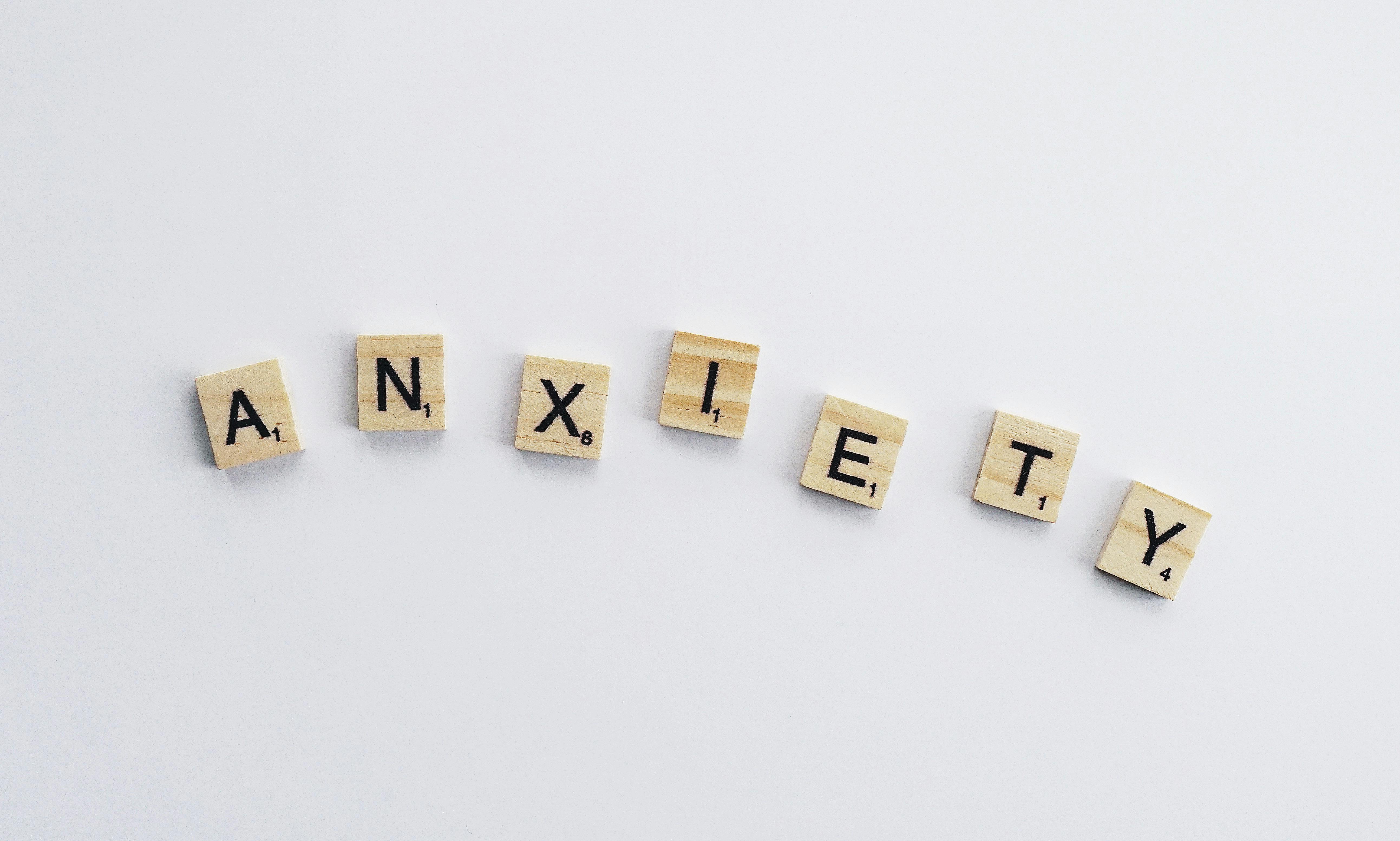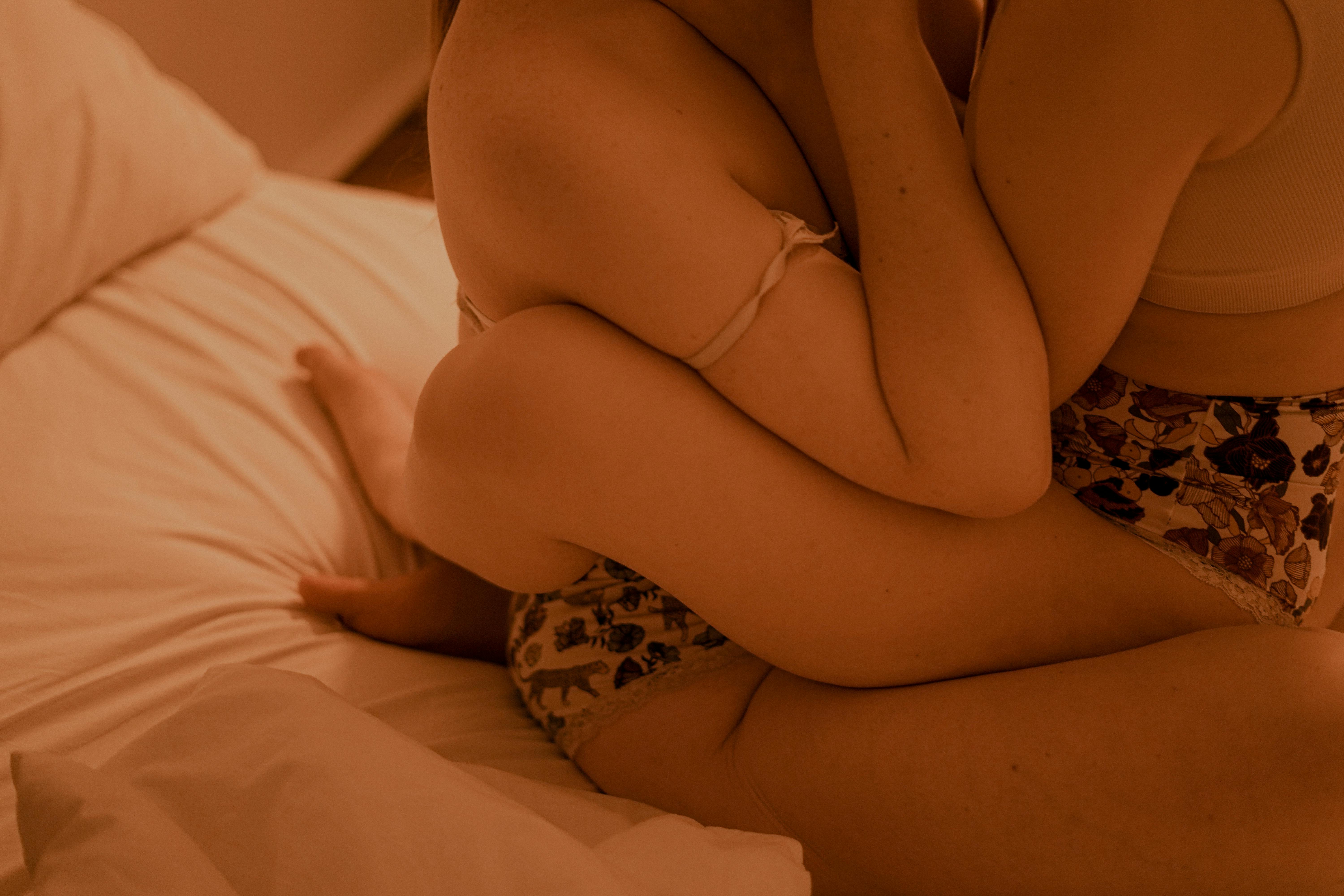
Anxiety Isn’t Trendy: Why Therapy Isn’t Shameful
If you’ve scrolled through Instagram in the last five years, you’ve seen it. “Me, anxiety, and coffee,” in a pastel-colored font over a photo of a slightly disheveled apartment. Or the viral TikTok where someone dramatically flails while claiming, “I have so much anxiety.” Anxiety, in the digital age, seems trendy, packaged neatly in GIFs, memes, and bathroom mirror affirmations.
But here’s the raw, real talk: anxiety isn’t a style. It’s not a personality quirk or an accessory you casually wear with your oversized hoodie. And therapy? It isn’t some Instagram-worthy badge. It’s serious. It’s necessary. And shamefully enough, we’ve spent too long thinking otherwise.
The Trendification of Mental Health
The internet loves trends. From cottagecore aesthetics to keto crazes, anything can become viral overnight. Mental health has not escaped this cycle. “I have anxiety” has become a colloquial punchline, and hashtags like #AnxietyLife or #SelfCareSunday often reduce complex disorders into digestible, scrollable content.
Dr. Melinda Graham, a licensed therapist in New York City, told contenthub.guru, “We see a lot of young people talking about mental health online—but sometimes it’s performative. Real anxiety is exhausting. It isn’t about being ‘relatable’ on social media; it’s about learning to live with it.”
It’s easy to confuse awareness with performance. Posting your feelings doesn’t cure them. Sharing memes about panic attacks doesn’t make them any less debilitating. The reality is, anxiety affects nearly 40 million adults in the U.S. alone, according to the Anxiety & Depression Association of America (ADAA). That’s a lot of people whose lives are disrupted daily—not a social media trend.
Therapy Isn’t a Weakness
One of the most damaging myths is that therapy signals weakness. Parents, peers, and sometimes even ourselves, whisper (or shout) that if we “can’t handle it,” we’re failing at life.
But think about it this way: would you hesitate to see a doctor if you had a broken leg? Of course not. Therapy is essentially the same concept—professional support for an internal injury.
Celebrity culture is helping chip away at this stigma. Dwayne “The Rock” Johnson has openly discussed his struggles with anxiety, saying, “Even as a kid who was seemingly confident, I’ve had moments where I just didn’t know what to do with the stress inside me. Therapy helped.” Emma Stone, Lady Gaga, and Ryan Reynolds have all echoed similar experiences. The takeaway? Even the people you admire are human, and therapy is normal.
Signs You Might Need Help
Recognizing anxiety isn’t always obvious. Many people endure symptoms silently. Here are a few red flags:
-
Racing thoughts that make daily decisions impossible.
-
Sleep disruptions or chronic fatigue.
-
Physical symptoms: sweating, heart palpitations, nausea.
-
Avoidance behaviors that affect work, relationships, or social life.
If you notice these patterns, seeking professional support is not a luxury—it’s an essential investment in your mental health.
How Therapy Can Help
Therapy isn’t one-size-fits-all. Cognitive Behavioral Therapy (CBT), exposure therapy, group counseling, and mindfulness-based therapies all offer different paths.
Here’s a truth: there’s no magic pill. Anxiety is like a storm—sometimes violent, sometimes calm—but therapy equips you with tools to navigate it without capsizing. Techniques like grounding exercises, journaling, and cognitive restructuring aren’t gimmicks; they’re survival kits for your mind.
Breaking the Shame Cycle
Shame is one of anxiety’s cruelest accomplices. It convinces you to hide, pretend, or overcompensate. And culture doesn’t make it easy. Many workplaces, schools, and communities still implicitly punish vulnerability.
Contenthub.guru encourages this mindset shift: talking about therapy isn’t oversharing—it’s normalizing. Normalization reduces isolation, and isolation feeds anxiety.
Try this: the next time someone asks why you’re going to therapy, answer casually, “It’s part of my self-care routine.” Plain, simple, unshakable. No explanation needed.
Tips for Finding the Right Therapist
Finding the right therapist is critical. Here are actionable steps:
-
Check credentials – Ensure your therapist is licensed and has experience with anxiety disorders.
-
Seek alignment – Therapy is relational. If a therapist’s approach doesn’t resonate, it’s okay to try another.
-
Prioritize accessibility – Online therapy can reduce barriers like commuting or cost.
-
Use platforms wisely – Sites like contenthub.guru list vetted resources and offer community insights for mental health support.
Interesting Facts About Anxiety
-
Anxiety disorders are the most common mental illness in the U.S.
-
Women are 60% more likely to experience anxiety than men, though men are less likely to seek help.
-
The word “anxiety” originates from the Latin anxietas, meaning “to choke or strangle”—which pretty accurately describes a panic attack.
Culture Shift: From Shame to Self-Care
Change is already happening. Companies like Starbucks and Google now provide employees with mental health days. Celebrities, influencers, and everyday people are talking openly about therapy. And social media, for all its performative tendencies, is at least starting conversations that used to be taboo.
The goal isn’t to glamorize anxiety but to humanize it. It’s time to stop seeing therapy as a shameful secret. It’s a proactive, courageous act, not a trendy statement.
How to Start Therapy
Acknowledge you need support. That first step is often the hardest.
Research providers. Look for licensed therapists specializing in anxiety.
Book a consultation. Many therapists offer a free intro session.
Set goals. Therapy works best when you know what you want to achieve, whether it’s reducing panic attacks, improving sleep, or managing stress.
Commit. Like any habit, the benefits of therapy compound over time.
Quotes Worth Remembering
-
“The greatest wealth is health.” —Virgil
-
“Mental health needs a great deal of attention. It’s the final taboo and it needs to be faced and dealt with.” —Adam Ant
-
“Healing is not linear.” —Anonymous
FAQ
Q: Is therapy only for people with severe anxiety?
A: No. Therapy helps anyone navigating emotional stress, life transitions, or just wanting self-awareness.
Q: How long does therapy take to work?
A: It varies. Some see improvements in a few sessions; others need months. The key is consistency and openness.
Q: Can online therapy be effective?
A: Absolutely. Video sessions, chat therapy, and phone sessions are proven methods, especially for accessibility and convenience.
Q: How do I talk to friends or family about therapy?
A: Treat it like any health decision: direct, casual, and confident. You don’t owe anyone an explanation beyond what you’re comfortable sharing.
In the end, anxiety isn’t a trend, and therapy isn’t a shameful secret. Both are part of the human experience. Recognizing the difference between performative “anxiety aesthetics” and real mental health struggles is crucial. Therapy empowers, normalizes, and transforms—not because it’s trendy, but because it works.
And if you’re scrolling this now, maybe it’s your reminder: taking care of your mind isn’t optional. It’s essential.
Suggested for You

Why Your Partner Isn’t “The One”—And How to Know When to Walk
Reading Time: 6 min
Unsure if your partner is right for you? Discover the subtle signs that they’re not “the one,” learn...
Read More →
What Nobody Tells You About Sex, Intimacy, and Shame: The Raw Truth
Reading Time: 6 min
Explore the hidden truths about sex, intimacy, and shame. Real talk, expert insights, and tips for b...
Read More →
Life Lessons Nobody Teaches You in School (But You’ll Wish They Did)
Reading Time: 6 min
From paying bills to heartbreak survival, here are the raw life lessons schools skip but adulthood d...
Read More →
Healing From Trauma Without Anyone Noticing: A Quiet Revolution in Self-Recovery
Reading Time: 6 min
Learn how to heal from trauma privately with practical strategies, real-life stories, and expert tip...
Read More →
Comments